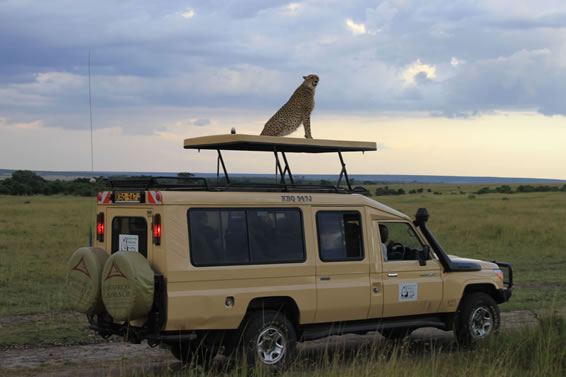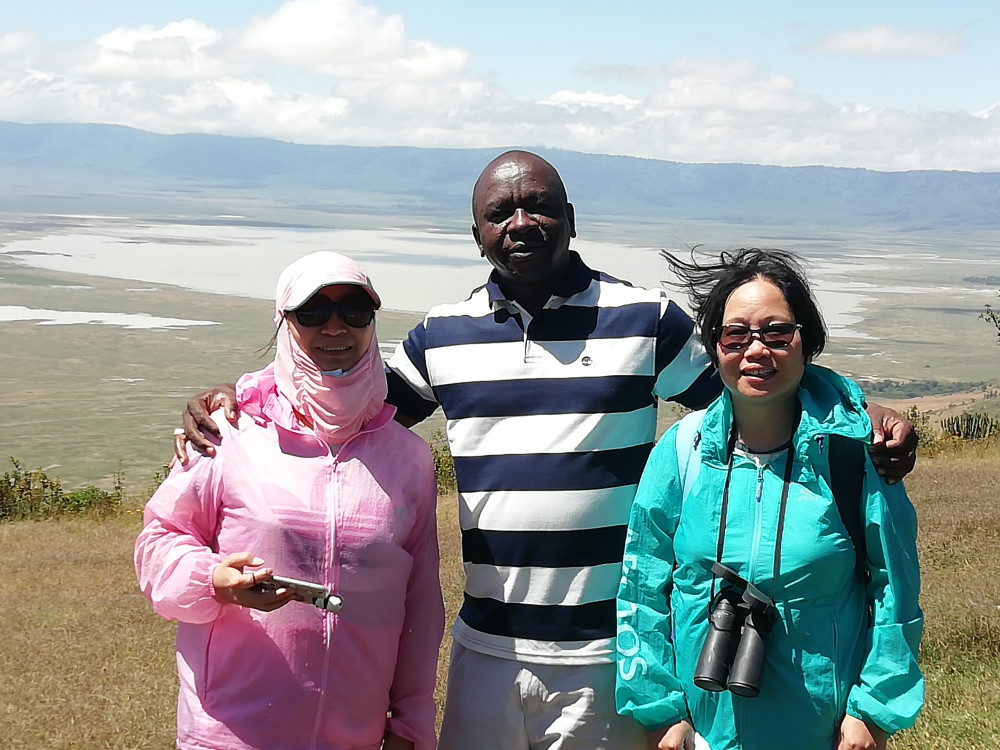Excellent Info For Selecting Devil666 Sites
What Safety And Security Considerations Must I Be Aware Of When I Am In Mombasa?Being conscious of safety and security concerns when you travel to Mombasa, Kenya is vital to have a safe and enjoyable journey. Here are some crucial points to keep in mind:
1. General Safety
Stay Informed: Keep up-to-date with local news as well as any travel advisories issued by your home country.
Register at Your Embassy.
2. Health Precautions
In case of vaccinations, make sure that you've received all your regular vaccinations. Consider getting additional vaccines for Hepatitis-A as well as Hepatitis-B, Typhoid fever, as well as Yellow Fever.
Mombasa has a very high malaria incidence. Use insect repellent and antimalarial medicines, sleep in mosquito nets, and dress in long sleeves at night.
Food and water safety Drink only bottled water or water that has been boiled. Avoid eating ice cubes, and eat food that has been well cooked. Be cautious when you eat street food.
3. Personal Safety
Avoid walking at night alone Avoid areas that are well-lit and areas that are densely populated. Avoid walking on beaches or in secluded areas after the darkness.
Hotel safes are a great method to protect valuables such as passports as well as money. Do not display expensive items like electronics or jewelry.
Reliable Transport: Only use registered taxis. You can also choose ride-hailing or transportation that is provided by your hotel. Avoid cabs with no markings.
4. Local Laws and Customs
Dress modestly. This is especially important when visiting religious sights. Be aware of local customs and beliefs.
The laws governing Kenyan drugs are strict and are punishable by harsh penalties. Do not use illegal drugs.
Photographers must always seek permission before taking pictures of military personnel or government structures, especially when in rural areas.
5. Beach Safety and Water Safety
Swim safely: Listen to the local advice about the conditions of swimming and currents. Use designated swim areas.
Beware of marine wildlife, such as Sea Urchins and jellyfish. When walking on the beach, make sure you wear suitable footwear.
6. Crime Prevention
Petty Crime: The theft of purses and bag snatching can occur especially in crowded areas. Be aware and keep your belongings in a safe place.
Beware of strangers that offer overly generous assistance or deals that appear too good-to-be-true. Use licensed tour companies.
Keep emergency numbers handy for emergency services: Fire (999) (999), Police (999) or Ambulance (9999). Contact details for the embassy or consulate of your nation should be saved in your phone.
7. Natural Hazards
Weather: Mombasa's climate is tropical, and could cause floods or heavy rains, especially in the rainy months (April-June) and October-November. Be aware of weather forecasts.
Sun protection: Apply sunscreen wear hats, and keep hydrated in order to prevent sunburn and heat exhaustion.
8. Travel Insurance
Comprehensive Coverage. Make sure that the travel insurance you purchase includes coverage for medical emergencies, theft and loss, as well as disruptions in travel. Make sure your insurance policy covers activities such as watersports.
Enjoy your time in Mombasa without worry about safety or security by keeping these guidelines in your head. Check out the recommended kenya safari packages prices for website tips including mombasa tour packages, african safari africa, tours and safaris, safaris beach, kenya safaris and tours, africa and safari, luxurious african safari, kenya safari and beach packages, beach in mombasa, mombasa safari packages and more.

What Should I Be Aware Of About The Weather In Mombasa While I Am On Vacation?
To maximize the enjoyment of a excursion to Mombasa in Kenya, it is important to know the local weather patterns. Here are the most important factors to consider when planning your trip.
1. Climate Overview
Mombasa is a city that is tropical that has high temperatures all year long. Warm temperatures are expected and temperatures typically range between 24degC(75degF) and 32degC(90degF).
2. Seasons
The Hot and Humid season (November-April) is marked by high temperatures and high humidity. The peak tourist season is January and December.
Long rains: (April-June) The rainy season is marked by severe rainfall and thunderstorms. Roads can get difficult to navigate and muddy. It is also the time of year when tourism slows down. tourism.
The coldest time of the year is between June and October, when temperatures and humidity are the lowest. The weather is generally pleasant, making it the perfect time for outdoor activities.
Short Rains, October to November The time that has shorter and less intense rains. The rains are typically short, and then followed by sun.
3. Tips for packing
Bring lightweight, breathable clothing like cotton or linen to keep cool during hot temperatures.
Rain gear: Pack a raincoat, an umbrella and waterproof shoes if traveling in the rainy seasons.
Sun protection: Wearing a hat with big brim, wearing sunglasses, and wearing light clothing to cover your skin all help protect you from the sun.
Wear your swimwear to the beach or the hotel pool.
4. Weather-specific activity
Beach Time: The ideal time for beach activities is in the cooler season (June to October) when the weather is nice and the conditions for swimming are ideal.
From November to March, the calm and clear waters are ideal for water sports such as snorkeling, diving, and much more.
Wildlife viewing: Now that the weather improves this is the perfect time to take a safari or wildlife excursions.
5. Health-related Considerations
Hydration: The scorching and humid climate requires you to be well-hydrated. Drink plenty of fluids particularly if you're taking a walk in the sun.
Heat-Related Disorders: Be mindful of the risk of exhaustion and heatstroke. Wear loose-fitting clothes, and avoid vigorous exercise in the heat of summer.
6. Travel Adjustments
Rainy Season Travel: Be ready to be faced with delays and interruptions when you travel during the rainy season. Certain roads could be blocked, and outdoor activities could be restricted.
Flight delays: Tropical storms and rain could cause delays in flights. Keep yourself informed of your travel schedule and have contingency plans.
7. Environmental Concerns
Natural Hazards: Pay attention to the potential for flooding when heavy rains fall. Keep up to date with the weather and follow local safety advice.
Be aware of tides when planning beach activities. They can be drastically different. Look up local tide charts to ensure safe beachcombing, swimming, as well as other activities.
If you know the importance of the weather, you'll be prepared to plan your vacation, pack correctly, and ensure your trip to Mombasa is secure. View the recommended island snorkeling in mombasa for more info including safari and tours, kenya safari tours, kenya tour operator, trips to kenya, tour and travel company, kenya safaris and tours, mombasa safari packages, tours and travel company in kenya, tour firms in kenya, travel tours in kenya and more.

What Environmental Responsibilities Do I Must Be Aware Of While I Am In Mombasa, Kenya?
It is crucial to take care of the environment when traveling in Mombasa. This will help preserve the beauty and diversity of this region. Here are a few important ecological responsibilities to take into consideration:
1. Sustainable Accommodation
Eco-friendly Hostels: Select hotels that adhere to sustainable practices. Search for eco-labels or certifications such as Eco-Tourism Kenya.
Resource Conservation: Join in hotel initiatives aimed at conserving water and electricity. Reuse linens, towels and towels. Also, switch off the air conditioner and lights when they're not needed.
2. Responsible Monitoring of Wildlife
Respect wildlife: Stay away from them to avoid disturbing. Follow the instructions given by your tour leader.
Avoid feeding animals. Feeding wildlife could disrupt their natural diet and behavior.
Leave No trace. Don't litter the wildlife parks or reserves. Bring your trash home and properly dispose of it.
3. Plastic Reduction
Minimize Plastic Use: Avoid single-use plastics. Bring a water bottle or bag that is reusable, as well as the utensils.
Support Local Initiatives: Participate in local beach clean-up efforts and organizations working to reduce the impact of plastic pollution.
4. Water Conservation
Use Water Wisely: Mombasa experiences water scarcity issues. Shut off the faucets and take a shower that is shorter.
Eco-friendly products: Use products that are biodegradable or environmentally friendly in order to limit water contamination.
5. Energy Conservation
Reduce energy use: Limit the usage of air conditioning, and unplug electronic devices when not in use.
Choose hotels and tour operators that use renewable sources of energy.
6. Sustainable Transportation
Public Transport: Reduce your carbon footprint whenever you use public transportation such as buses, matatus and other public transportation options.
Alternatives to go green: Think about hiring bicycles, or walking short distances. Certain areas offer eco-friendly Tuk-tuks.
7. Helping to support local economies
Buy Local: Support the local economy by purchasing products and food items from local artisans and sellers.
Fair Trade: Choose products that have been certified as fair trade in order to ensure that local producers are compensated fairly.
8. Environmental Education
Learn and Share: Educate yourself on the local environment and conservation initiatives. To increase awareness of what you've learned, share your knowledge with your friends and family.
Respect Local Cultural Practices Learn and be respectful of local customs within the realm of conservation of the environment.
9. Marine Conservation
Responsible Snorkeling and Diving: Beware of touching or stepping onto coral reefs. Use sunscreen that is reef-safe to help keep marine life safe.
Avoid disposing of garbage into the ocean. Join or help in marine conservation efforts.
10. Ethical Souvenirs
Avoid products that are made from wildlife. Do not purchase products made from endangered species, such as tortoiseshell and ivory.
Sustainable Materials: Choose items made of recycled or sustainable materials.
11. Participate in conservation Activities
Volunteer: Consider volunteering in local conservation initiatives or community-based tourism initiatives.
Support NGOs: Donate money to or support local NGOs and conservation groups that work to protect the environment.
12. Responsible Travel Policies
Small groups of travelers can lessen the environmental impact.
Eco-Tours: Choose tour operators who are environmentally conscious and committed to sustainability.
Be aware that these obligations will assist you to preserve Mombasa’s precious natural resources and preserve the beauty and diversity of the region for the future generations to come. Have a look at the most popular kenya tours and safaris for blog tips including mombasa packages, beach in mombasa, safari tour, beach in mombasa, tour and travel company, mombasa tours, kenya mombasa holiday packages, tours and travel company in kenya, african safari tours, africa tours and safaris and more.
